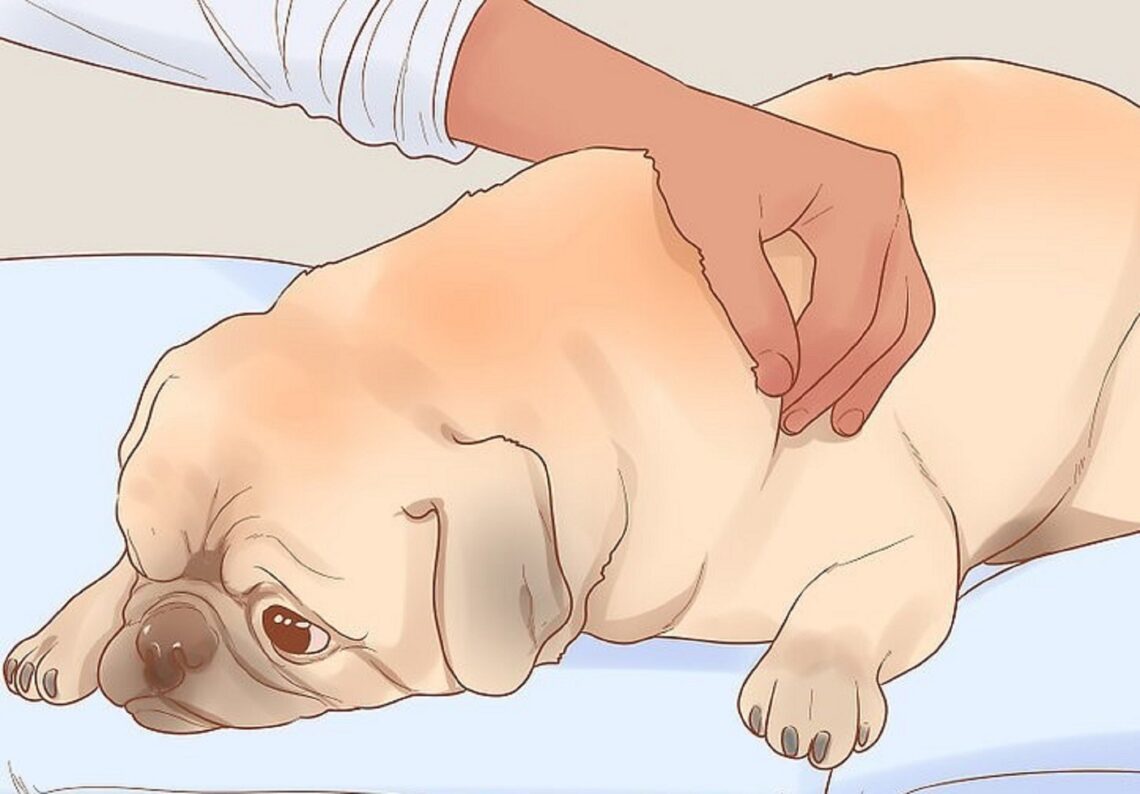After it has spread from China to about 16 other countries, the deadly Coronavirus may have begun to turn into a global pandemic requiring many measures to combat it. One of the most prominent measures taken so far is the efforts made by major airports around the world to screen travelers, but is this sufficient to give anyone who is forced to take a plane a sense of safety?
Scientists still do not know much about the emerging coronavirus, but they are somewhat aware of other coronaviruses diseases, and in light of this information they can determine how these viruses spread, especially on planes.
The spread of respiratory viruses especially coronavirus

When a person infected with the virus sneezes or coughs, drops off, mucus, or saliva or bodily fluids will fall from it, and if these fluids spread in the form of a spray reach you or touch you in some way, the infection may pass to you. These drops are not influenced by the flow of air through their surroundings and remain near where they were released. Landon Emily, director medical of antimicrobial, says hospital influenza guidelines recommend staying within 6 meters of an influenced person.
Besides direct contact, the infection may be transmitted by touching surfaces on which a cough or sneeze spray falls, such as plane seats and dining tables, which means that respiratory viruses can be transmitted through the air.
What about airplanes?
The WHO knows that an injured person has been in contact with a plane, as this is the person sitting two rows apart, so they do not have to be very close. But during flights especially those long ones, people do not settle in their seating areas, where they frequently go to the bathroom, extend their legs, touch bags in the upper boxes, and more.
During the SARS outbreak in 2003, a passenger on a flight to Beijing from Hong Kong was infected by someone outside the W.H.O-designated rows, and the Medicine journal of New England notes that the W.H.O standards do not apply to 45% of SARS patients.
The fly health research team noticed the behavior of passengers and crew members on 10 US ICBMs, and they not only looked at how people moved around the cabin but also how this affects the number and duration of their contact with others.
Accordingly, the traveler, who sat near the window and did not move throughout the flight, was the least contacted with the other in the other seats, as the average of the contacts that they might be exposed to was 12 destinations, compared to 58 and 64 contacts for travelers in the middle and near the corridor seats.
Choosing the window seat and staying in the position for as long as possible, clearly reduces the possibility of contact with an infected person. The model of the study showed that passengers in the middle and adjacent corridors had a higher risk of injury.
The story changes if the sick person is a member of the crew, given that flight attendants spend much more time roaming through the aisle and interacting with travelers, and as the study stated, one of the injured crew members has the possibility of transmitting the infection to 4.6 passengers. According to the UAE website 24, citing a National Geographic study.
The study directed the selection of the seats adjacent to the window and reducing movement inside the cabin, in addition to washing hands with soap regularly and using alcohol-based hand sanitizer after touching the surfaces, and avoiding contact with the face or coughing distances if possible.
“Everyone on earth is at risk of contracting the Coronavirus because it is new and there is no specific treatment or vaccine,” says Emily Landon of the University of Chicago.
The new Coronavirus started spreading from a farm for animals in Wuhan, China and spread to several cities and other countries. The Health Committee in Hubei and its capital, Wuhan, stated that the deadly virus has so far claimed 106 lives, in addition to 4,515 people infected.




